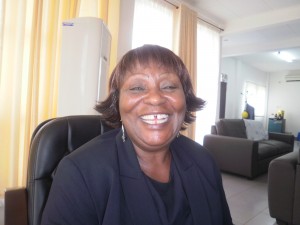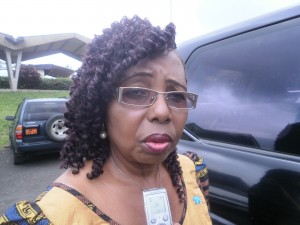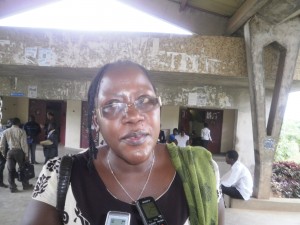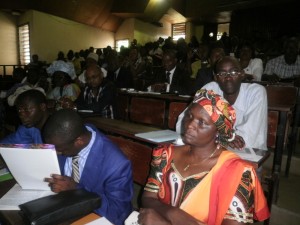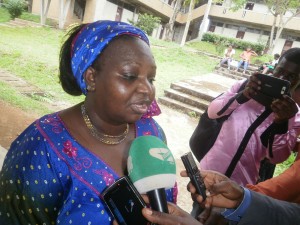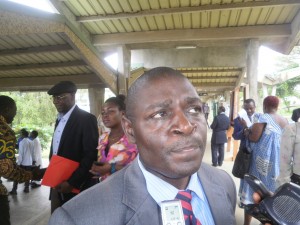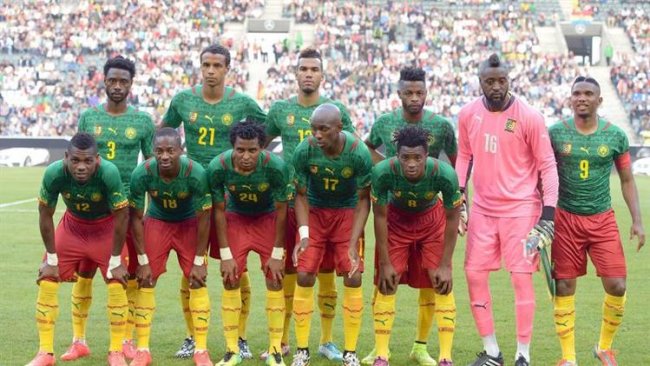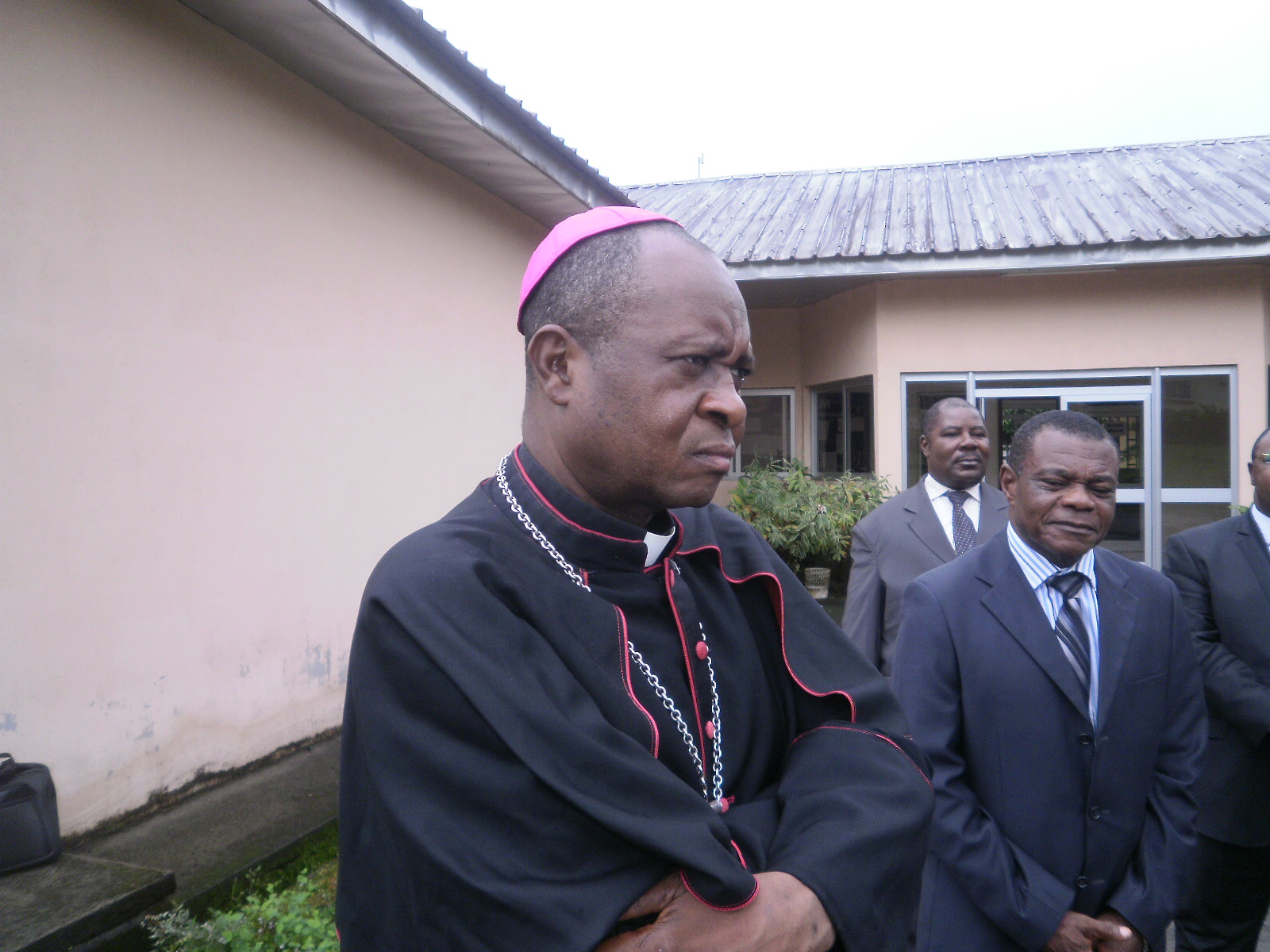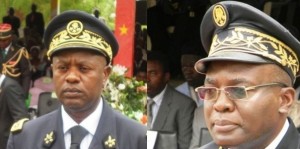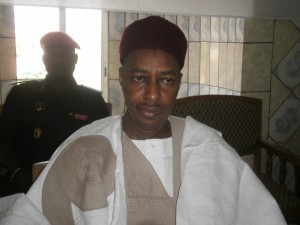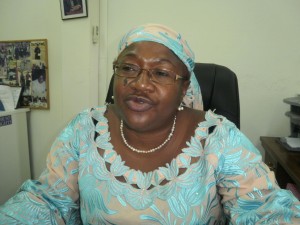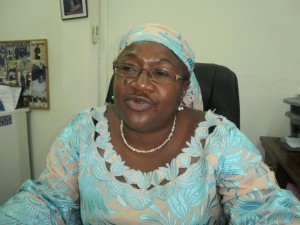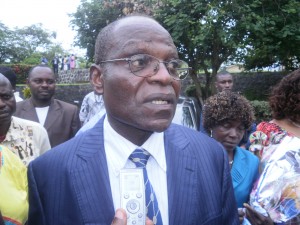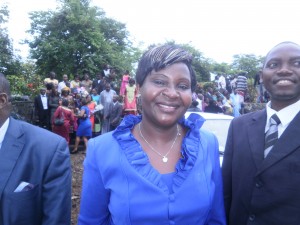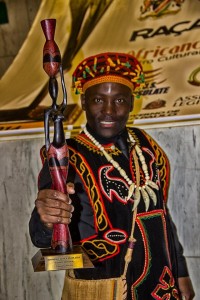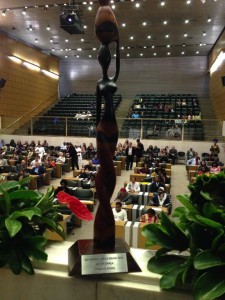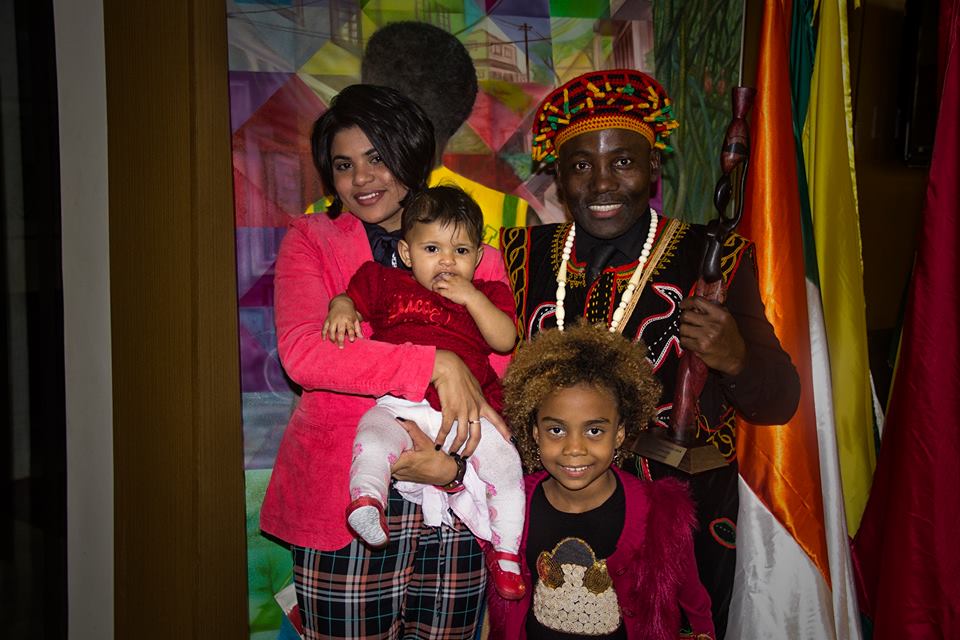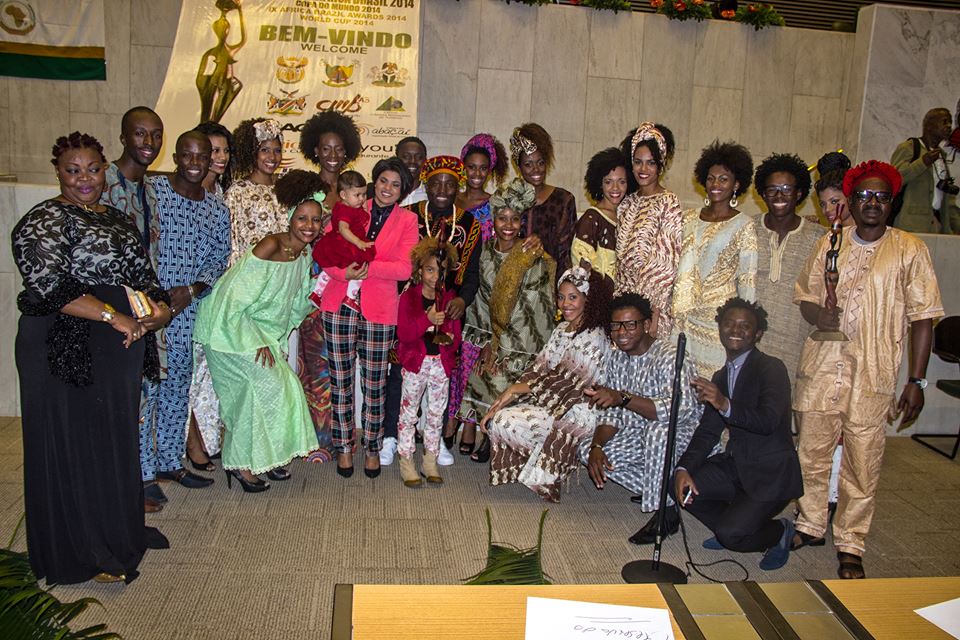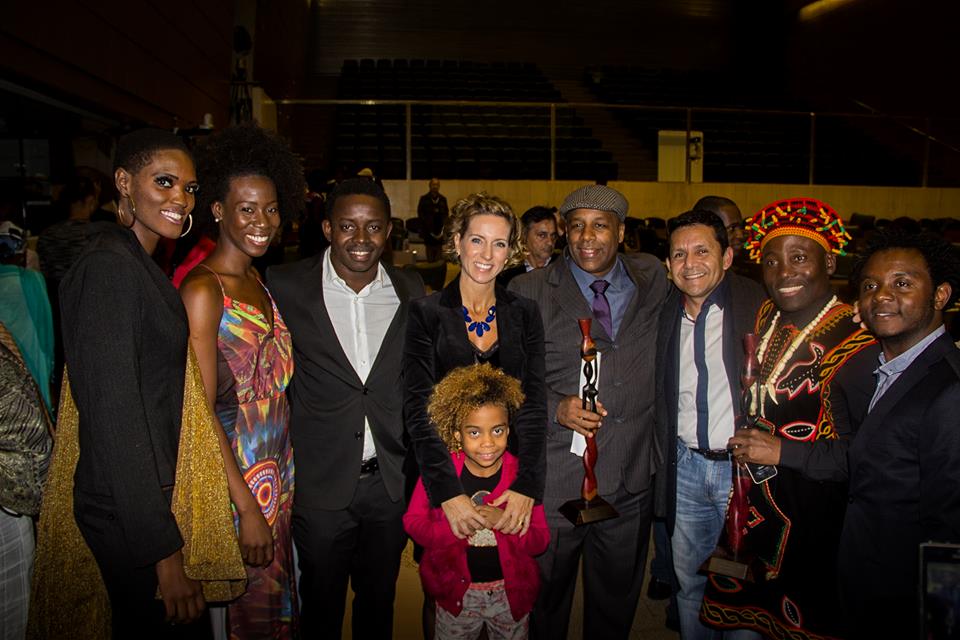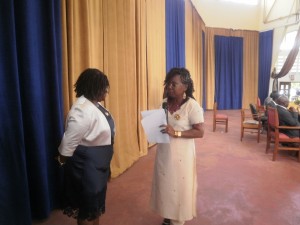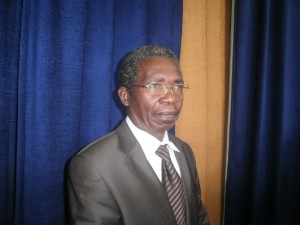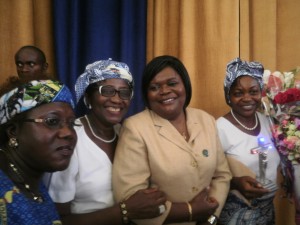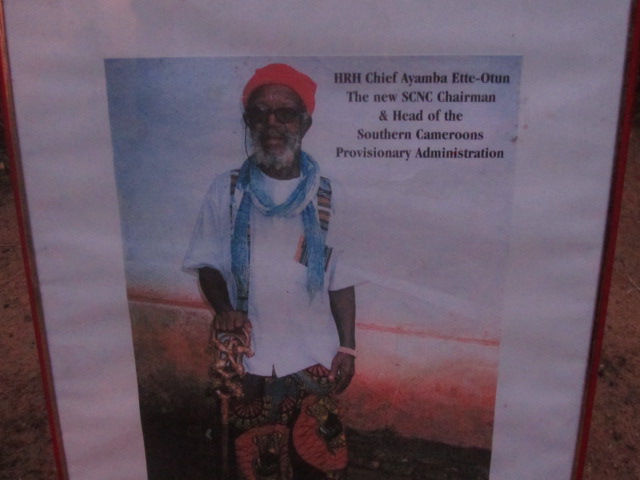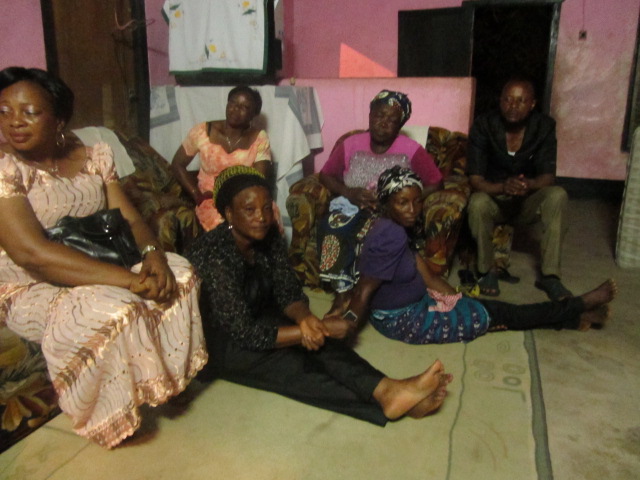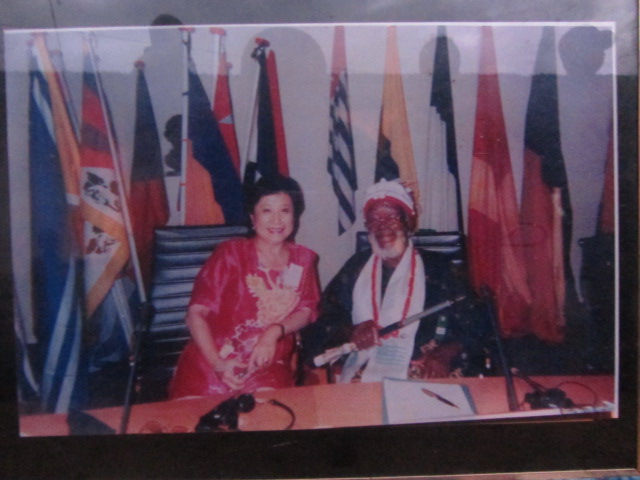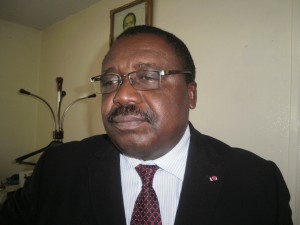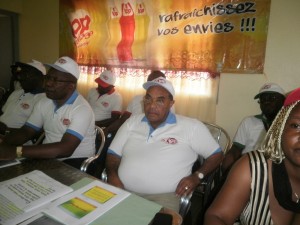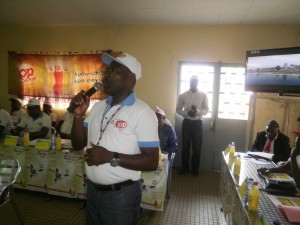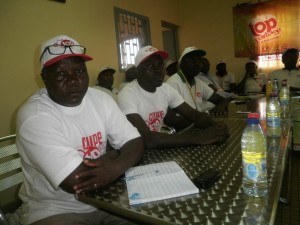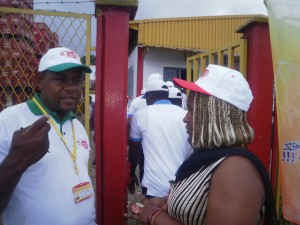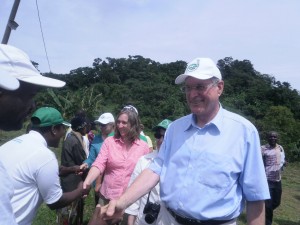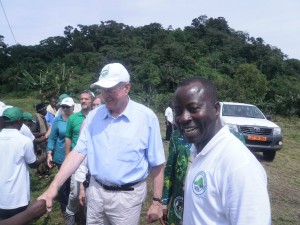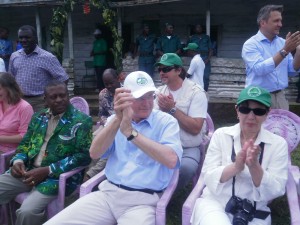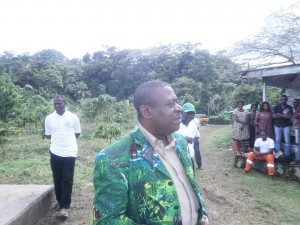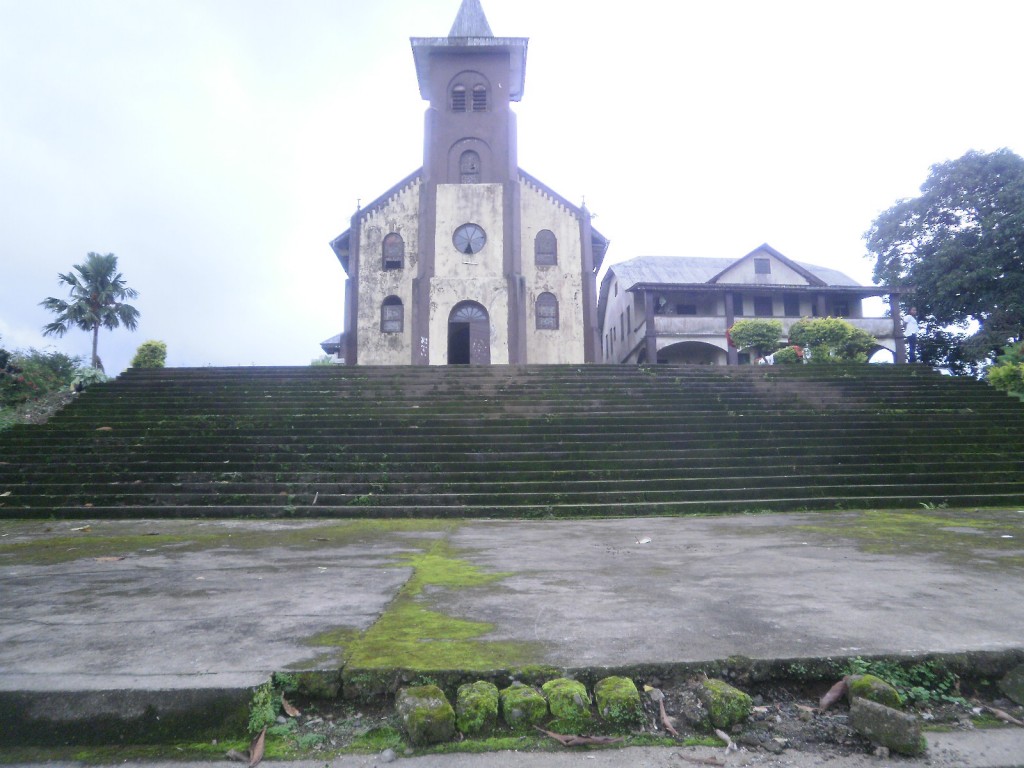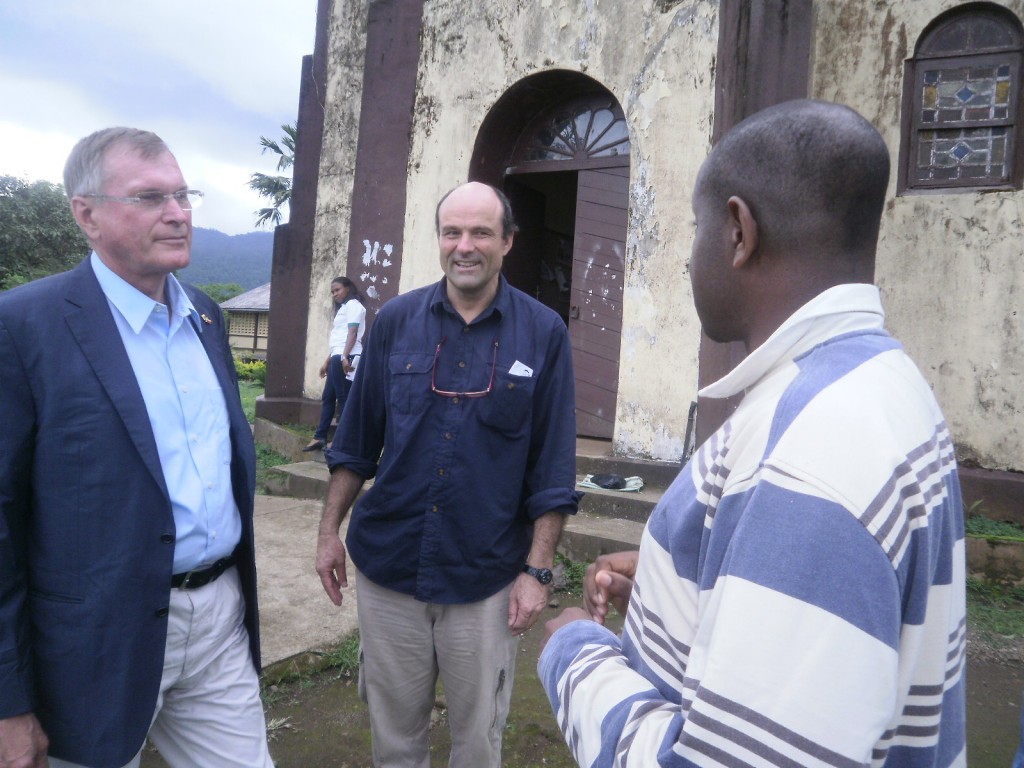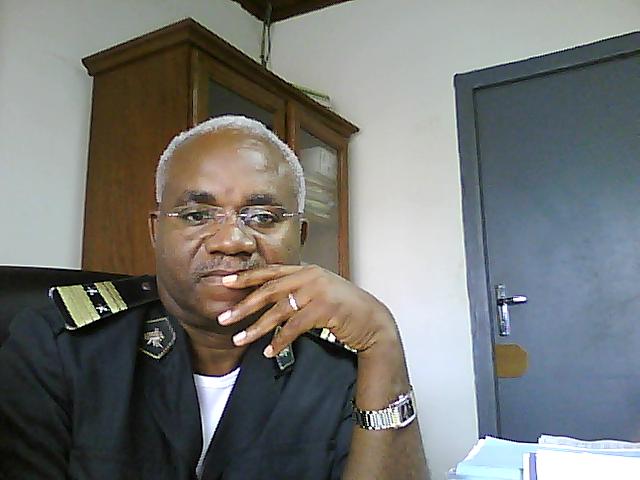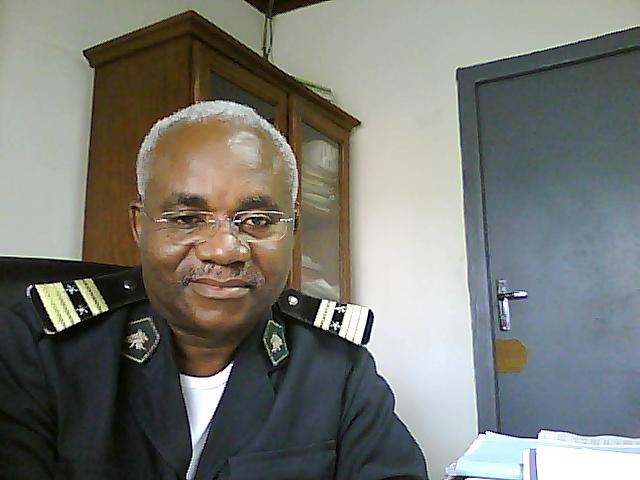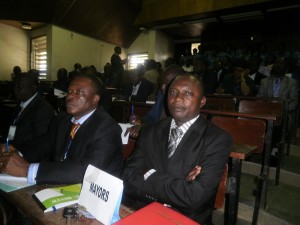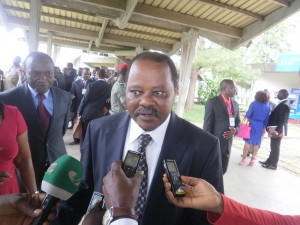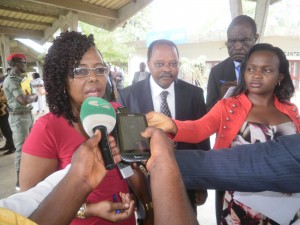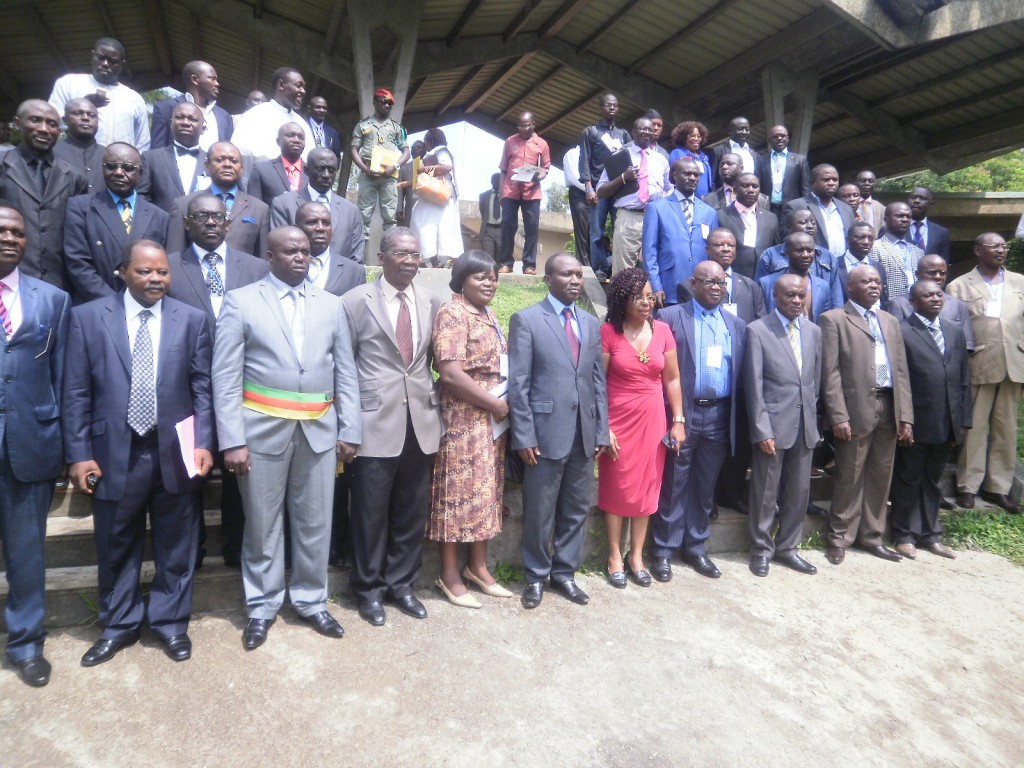Walter Wilson Nana
Buea, Cameroon
The various ministries in charge of education in Cameroon, assessment bodies like the Cameroon GCE Board and the National Anti-Corruption Commission, NACC, are making efforts to give credibility to examinations organised across the country and give examination certificates the worth they deserve. Though challenges of fraud and cheating may surface along the line, the Cameroon Country Director of Exam Ethics Marshalls International, Terry Foundjing thinks that the promotion of best practices in education must be sustained and given all the necessary support. Hence, her organisation has come to be part of the chain to maintain and reinforce credibility in Cameroon’s examinations sector and promote the spirit of hard work in schools. In this exclusive interview, Foundjing explains the mission of her organisation and how they intend to make their contributions felt.
Excerpts:
What is Exam Ethics Marshalls International all about?
We are a non-profit organisation, created in Nigeria in 1996. It was introduced in Cameroon in December 2013. We have as mission to restore the dignity of examinations. When children are well educated, they adequately go through the education process, they write their exams well, then they will have a certificate and be proud of it. When you have citizens with certificates they honestly worked for it, we can start talking of a good society, a society built on a solid foundation. We are not only looking at exams but the effects of examinations.
On the ground, what do you do?
In Cameroon, we work with education stakeholders; parents, teachers and the government. We are working with professional schools, the media, the military and all other structures involved in education. Examinations are not limited to the end of a course; we are talking of all examinations that give you a certificate. We are out to ensure that those certificates are genuine and can lead one to a job, where your performance will be tested and proven.
How related are you to the various ministries in charge of education in Cameroon and assessment bodies like the Cameroon GCE Board?
We are working on an MOU with the Ministry of Youth and Civic Education. That is underway with the Director of Cooperation in the aforementioned ministry. Same developments are been worked out with the Ministry of Basic Education, Ministry of Secondary Education, the Cameroon GCE Board and the Baccalaureate Board. We are working with National Anti-Corruption Commission, NACC. They cannot be everywhere, so we are complementing their operations.
Your motto is Promoting Best Practices In Education, how much influence can you make in a society where fraud, dishonesty are rife?
We are working as an organisation and we will go across the ten regions of the country, get to the divisions and to the municipalities. It is an individual and collective moral rearmament. We train Marshalls, who go beyond being a teacher. We will train all the stakeholders at the regional level, who are the regional coordinators and they will in turn train divisional coordinators and the training chain moves to the towns and smaller communities. We will move to schools to implant the ethical values and create clubs. The professional schools are not left out. We must build a deep sense of patriotism amongst Cameroonians and engage in a rigorous fight against corruption. After operating for a year in Cameroon, many people are coming on board to join the initiative. We must do something to better the situation. The discussions we are having on the media is educating a lot of people and encouraging them to know what is happening.
Examinations are ongoing across Cameroon now. How involved is Exam Ethics Marshalls International?
We are joining the Cameroon GCE Board to address examination stakeholders across the nation as they are doing now. Where ever they are, our representatives are with them and chipping in a word when necessary. Until now, the children have been taught, the teachers did their work diligently, some even played the role of a parent, therefore, we have to encourage the children to move on, shun fear and be their own person. The children should go into the examination hall with a lot of confidence as has been the case since the beginning of the school year and they will make it.
Knowing how delicate managing examination is, do you have a peer review mechanism within your set up?
When you come into exam ethics, you take a pledge of self regulation, to be disciplined and accept to be trained. We are our own monitors. If you deviate from what exam ethics stand for, you are pushed out from the organisation. We do not compromise our values. We are not part of anything or will engage into that will soil our reputation. We cannot stay behind and say something cannot be done, no, something can be done for us to move forward. There was a Mandela in South Africa who did not compromise. He stood for something and changed the face of South Africa. We can do the same in Cameroon. People do not want to rock the boat. We are too comfortable in Cameroon. People want to live in affluence and not from the fruits of their labour. People want to cheat and steal. However, there are some good people and what they need is encouragement and they will do better.
Has Exam Ethics come to stay in Cameroon?
Definitely! Parents are the first examiners in the house. They will assess the children in the house. A leader in an office will assess the workers. We are not limited to formal examinations or education. We are into informal education too.
Are you working with the bi-cultural nature of Cameroon in mind – English and French subsystems of education?
Certainly! If not, then we have no place here. Cameroon is for all of us, English or French speaking. We are working for the betterment of both subsystems of education in the country.
Your message to Cameroonians…
This is a crusade. We should bond as one and push out bad practices in our examination sector. We must embrace best practices with all our might. We have a beautiful country and it is our responsibility to make it better.
Interviewed by Walter Wilson Nana
